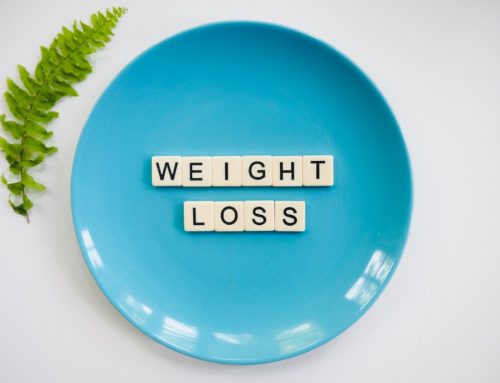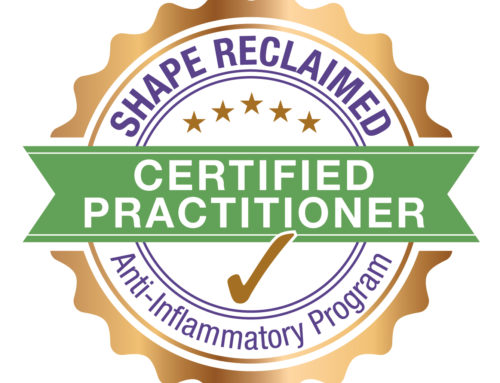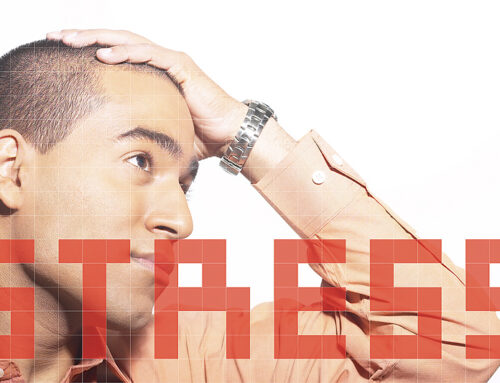I bet you are wondering – what is the January Effect? You’ve probably never heard that phrase before in a nutrition article. It is a phrase I have coined for what seems to happen every January. It starts with the New Year’s resolution to: get healthier; shed the extra pounds from the Holidays; them off; and to rediscover the glory of our youth. The health and fitness clubs are packed with people all with the same idea. Lines of people wait for you to finish with the equipment you are using. But, within a few short weeks the crowds disappear and there are no more lines. The January Effect has set in.
So, what’s going on? You’re eating less, snacking less, even drinking a bit less (except of course for during the Packer games and other special occasions). You are forcing down the salads at lunch (even though you don’t really like them), skipping a meal here or there, and working out hard at the gym. You dropped a few pounds at first but now you’ve hit the wall – you’re at a plateau. The pounds are no longer flying off. This is the January Effect. However, don’t be discouraged. If you read on you’ll learn how you can get lasting results and overcome it.
We are told the formula is simple: calories out must be greater than calories in – less food and more exercise equals less weight. Well, if you’ve been reading my past articles you understand the flaws in this theory. To keep it short and simple all calories are not created equal. If you want to review this concept you can find the information on my blog (http://brwellness.blogspot.com/2012/02/calories-not-created-equal-and-perhaps.html).
Back to the January Effect. Let’s also look at what is happening in the body when you increase your exercise. First, as you exercise your body needs energy for that activity. Second, because of the exercise you are creating a demand for new muscle. Third, exercise is stressful, especially if it is new to your body.
Let’s look at each of those points. Energy comes from food. This means you need to eat to have sufficient energy for the workout. The types of food we eat are critical. We get energy primarily from carbohydrates and fat. Eating the wrong carbohydrates (particularly the ones for quick energy) will raise your blood sugar levels quickly. This will in turn raise your insulin levels. Consistently elevated insulin will put you in a fat storing mode. We will see the implications of this shortly.
To build muscle you need to eat protein. Carbohydrates and fats do not build muscle. Also, muscle burns fat, so the more muscle we build, the more fat we can burn. However, if you are not eating enough protein you will not build muscle.
Exercise is stressful. While it is enjoyable and good for you, it is still creates a stress response in the body. Over-exercising can be particularly stressful. What happens when we are stressed? We produce cortisol. Cortisol puts sugar into the blood stream which causes insulin to rise. So, when our cortisol stays elevated we again find ourselves in the fat storage mode.
When you are exercising your body looks for energy in several places. First it uses the glucose (sugar) in the blood. Second it uses glucose stored in the liver and muscles. Third it accesses your fat to turn it into glucose. However, here’s the problem. As we discussed, if your insulin and/or cortisol levels are elevated your body is in fat storing mode. You are unable to access your fat for burning during the exercise.
As you continue to press on with your exercise your body must find an alternative energy source. While this isn’t the preferred source it can break down protein into glucose for blood sugar. (The extreme example of this being starvation.) Where does this protein come from? It is from the protein stores in your body – your muscles. So, do you see what is happening? Unable to access fat your body uses itself to fuel the continued activity. Muscle weighs more than fat so the weight loss you are seeing is from the muscle and perhaps not the fat.
Most programs just measure pounds but there is much more to the story. Your goal is to lose fat, not weight. You need to look at your body composition; the amount of muscle and fat. Only in this way can you determine if you are making progress in your goal of losing fat.
What is the conclusion of all this? Weight loss is complicated and should not be looked at as a quick fix. The healthy way is to do it over time. The best way to lose weight is to complement healthy eating with your exercise program so that you are properly fueling your body to both lose weight and sustain the exercise.
Bernard Rosen, PhD is a Nutrition Consultant and Educator. He works with individuals, groups, and at corporations to create individualized nutrition and wellness programs. His office is in Mequon, WI. To learn more or to schedule an appointment, call (262) 389-9907 or go to www.brwellness.com.







